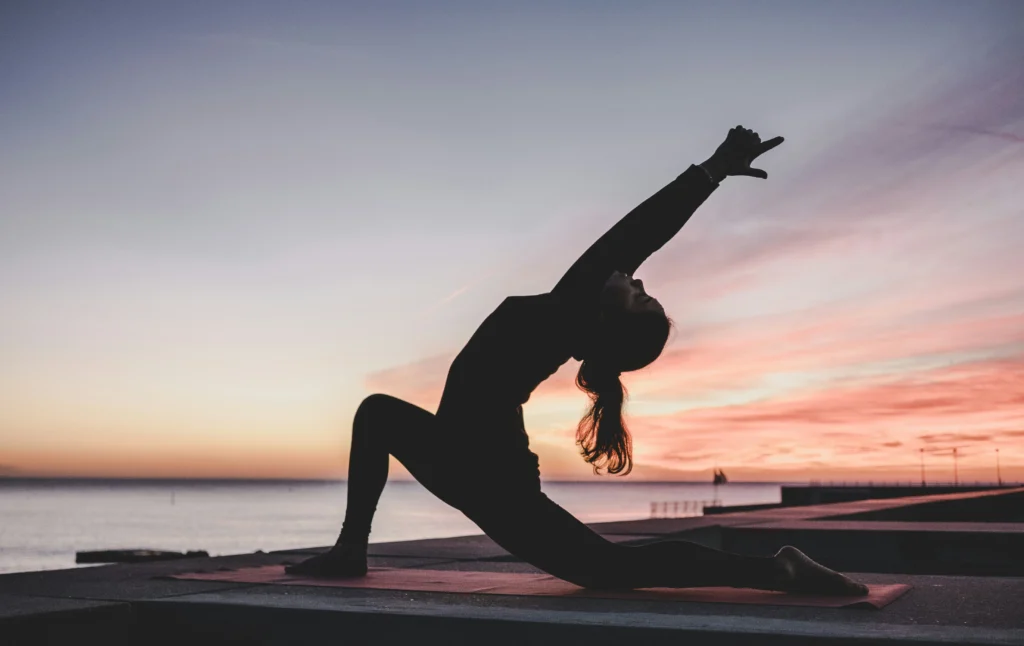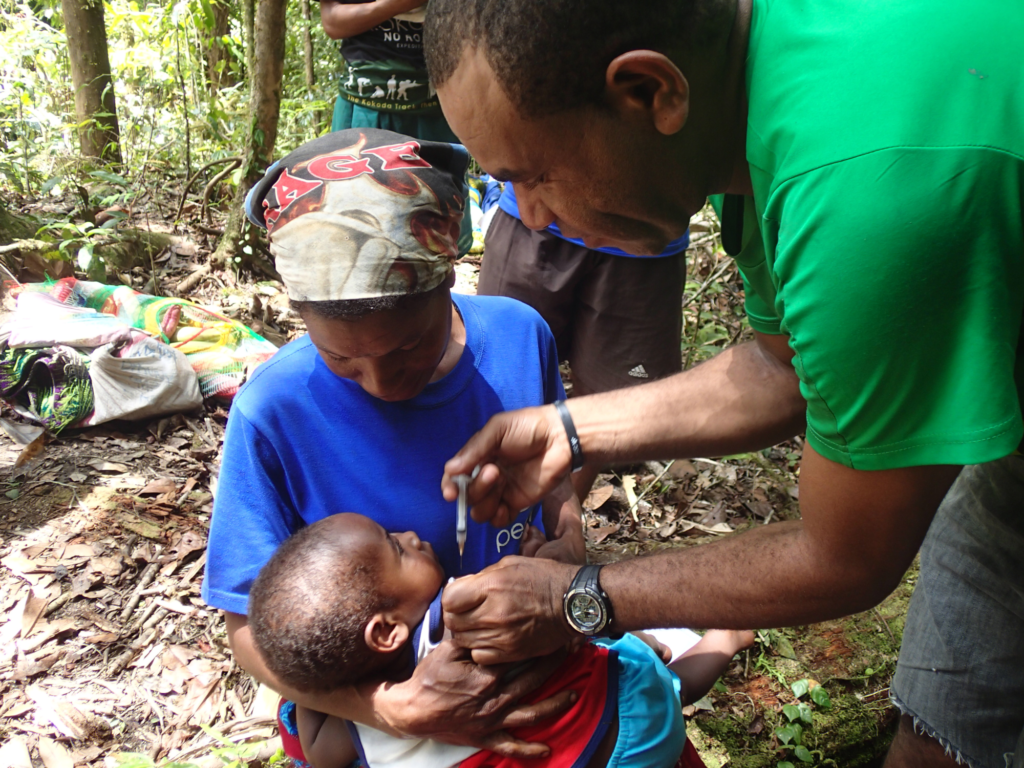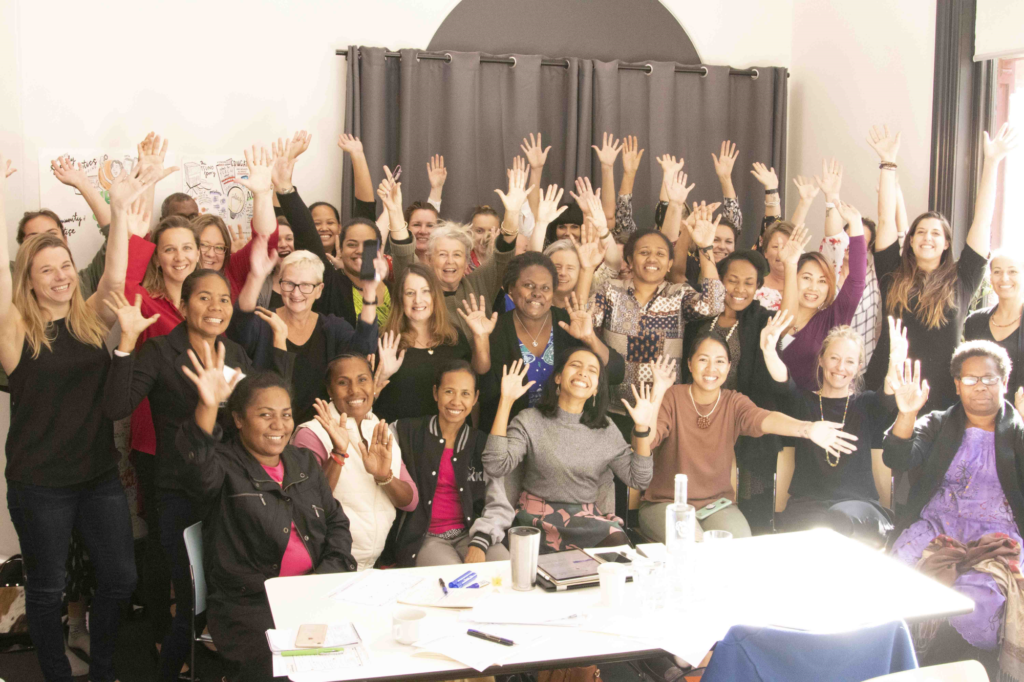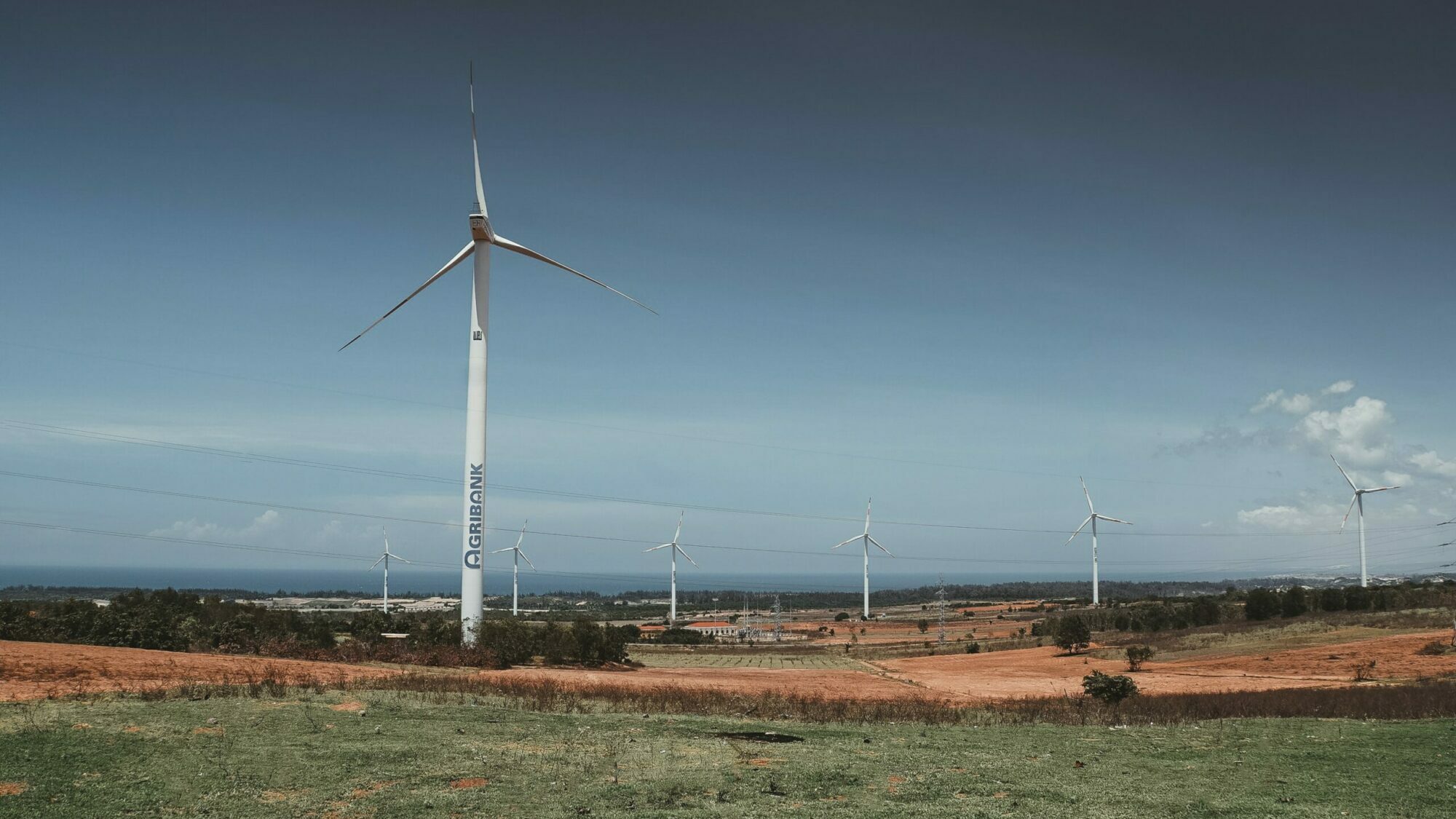
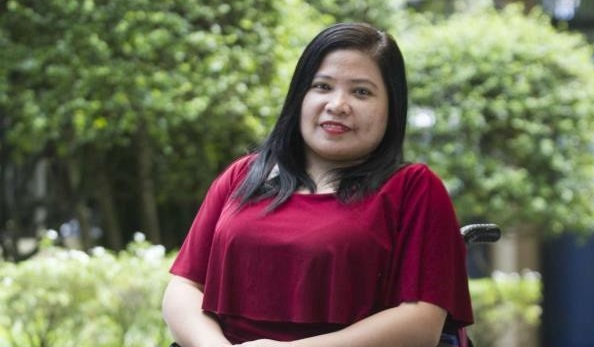
Many able-bodied people may not think twice about such things as the need for obstacle-free sidewalks or having elevators and ramps installed at a public facility, but Virginia S. Rabino knows very well how important these are to help give Persons with Disabilities (PWDs) access to the things they do to go about their daily lives.
She was stricken with polio at infancy, and because of this, she has been dependent on a wheelchair for her mobility. She recounts many of the challenges that she had to face growing up, including having to be carried up the stairs in her school, just to be able to get to her classes. “I went to public schools for my primary and secondary education. In grade school, it was easier, because we did not have to switch classrooms, but when I reached high school, it was challenging. My parents had to assign my older siblings on shifts to carry me to my next class. We did not have any idea about the laws concerning PWDs back then, so we were the ones who had to adjust. If my siblings were not around, I had to rely on my classmates.”
She was discouraged from going to college, because it would mean a greater struggle for her to commute. Luckily, her brother found the PWD-friendly campus at Systems Plus Computer College, which even had a provision for board and lodging that was designed for students in wheelchairs. “Because I was an honor student in high school, I was able to go on a scholarship. Then, there were donors for the dormitory. This was a good thing for us, since my father was a family driver and my mother was a rice cake vendor and they could not afford our tuitions. My brother, who was by then working was also able to help.”
Her next challenge was to find work after she graduated from her B.S. Computer Science course. “There are not a lot of job opportunities for PWDs,” Virgie shares. Her first two jobs were at NGOs that dealt with PWD issues, then she found her way to the National Council on Disability Affairs, where she felt she could do more to help other persons with disabilities.
She does mostly clerical work, but is also tasked to present the PWD agenda to partner agencies and private institutions. She gives sensitivity talks to the frontliners of the MRT and to corporations such as the Filinvest group.
In order to further her effectiveness as a representative of their group, she applied for the Australia Awards for a post-graduate degree. Her REAP project was primarily about introducing new technologies, particularly to help blind and deaf persons access information resources, but as she embarked on her course at the University of Newcastle, she realised that her scope could be much wider.
“While in Australia, my brother and I saw a world of difference on how they offered more tools for access to the PWD. At the Uni itself, there were support services that would help a student to get around campus, and there were special considerations given to the disabled.” She recounts how she was asked about her special needs even before she left the Philippines.
Her professors were also more understanding of her condition. “I have acute scoliosis, and this prevents me from sitting down for long periods of time. I was able to take my exams later than scheduled because I had to be confined at a hospital.
Plus, there are ramps everywhere – on the trains, the buses, and the sidewalks! I was told that if I needed a part of the campus to have a ramp, I just needed to tell the support services and they will request to have one made for me.”
Because of the eye-opening experience, her REAP is now about gathering stakeholders together to offer more access to PWDs in the Philippines. This meant surveys and consultations with the PWDs themselves on what they feel they need to achieve their goals of higher education, and gathering concerned government agencies such as the Commission on Higher Education and the Department of Information and Communications Technology together to form a framework that will serve as guidelines for the schools.
Virgie is a woman inspired. “My experience as a PWD on my overseas studies with the help of the Australia Awards has become my motivation for my continuing advocacy of empowering the PWDs. On my stay abroad, I saw that what seemed impossible when I was studying here in Manila is possible, and offering the same opportunities here for our PWDs has become my hope.”
Original article was published here: https://www.australiaawardsphilippines.org/alumni/stories/empowering-pwds-in-the-philippines
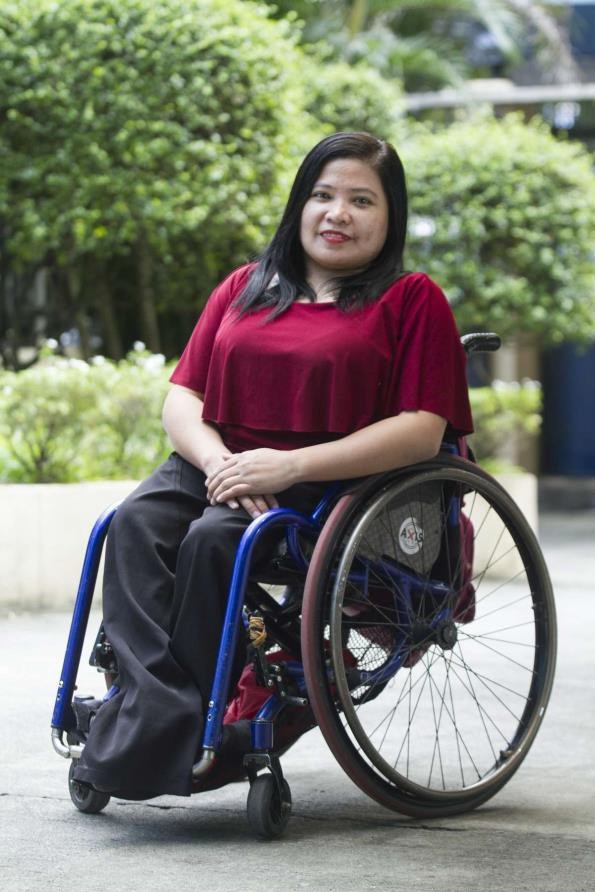
VIRGINIA S. RABINO
Australia Awards Alumna
